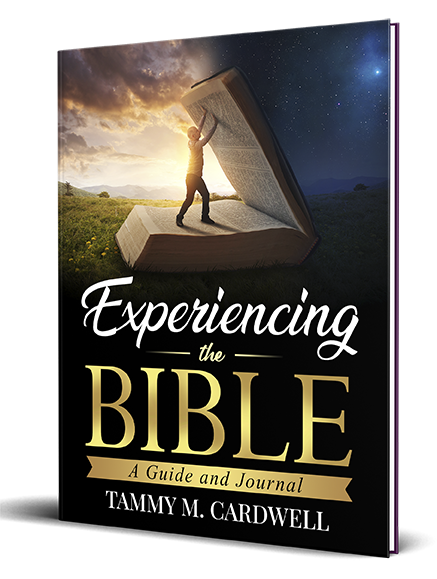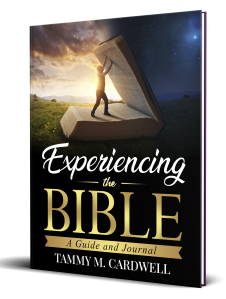EDIT: This post has already hurt one friend. I don’t want it to hurt more, so let me clarify.
What I say here is ME owning what God is holding ME accountable for. I’m in the full-time ministry. That means I have certain spiritual necessities that are non-negotiable. I failed. I paid. I repented. I’m getting back up.
I am NOT saying that someone who gets COVID gets it because they fail spiritually any more than I’m saying they get it because they fail to wear a mask.
And I’m stopping here. I don’t know if this brain can make it any clearer right now
=====
Long COVID Post shamelessly copied and pasted from my Facebook page.
I’ve been absent because I was in Purgatory. (My Catholic friends, please forgive me, but seriously…)
So here’s the deal.
I use wisdom.
I’ve been actively building my immune system for 11 months.
I compulsively wash my hands anyway.
I naturally socially distance.
I wear a mask when I must.
I have NO idea where I would have picked it up, or from whom, because the only people I came into contact with who were positive had it too long ago.
Nonetheless, my test came back positive and this second go ‘round (Yup, I KNEW this was what I had in March!) has been a doozy. I’m just now entering recovery mode, and I thank God I am. I’m sure the main reason it was so bad is that I was already sick when I got sick, but whatever…
Ok… laughing at myself here. I had a plan when I started typing, but it’s gone. The brain thing…it’s part of the problem. It’s starting to work again, but…
Shoot.
Oh! Yes!
Christians, this message is for you.
We’re in a spiritual battle, and the enemy is using this virus in an attempt to tear us down and tear us apart. He’s all about DIVISION, and I have never seen him be so successful as he has been in recent months. I’ve seen friends, loving Christian friends, turn on each other so badly that I came away with my heart torn. I’ve seen judgement and ridicule and attack and…
But look at me. I’ve actively done it RIGHT on a purely natural level. Yet I got COVID.
However, I have NOT done it totally right on a spiritual level, and frankly I’m thinking that I – and I alone – am responsible for me getting sick.
I have a habit of spending time in the Word daily – except in recent weeks when this and that interfered and I…wasn’t.
I have a daily habit of declaring God’s Word over myself and those I love – except in recent weeks when I kept forgetting to do it.
I have a habit of “praying without ceasing” and legit staying in pretty constant conversation with God – except in recent weeks when… boy, is this humiliating.
I forgot that I am a soldier on the battle field.
I lowered my shield.
I dropped my sword.
I turned my back on the enemy.
And he stabbed me in the back just like he is trained to do.
I am COVID positive, finally starting the road to recovering from some of the worst physical agony I’ve experienced in years, and I have no one to blame but myself.
It didn’t happen because someone else didn’t wear a mask or wash their hands. It happened because this warrior forgot what she was.
Stay alert, my fellow soldiers. Don’t let the devil get a blade in. Don’t let the devil bring division to our ranks. We’re here for a reason and we have a job to do.
Celebrating Jesus!
Tammy C



